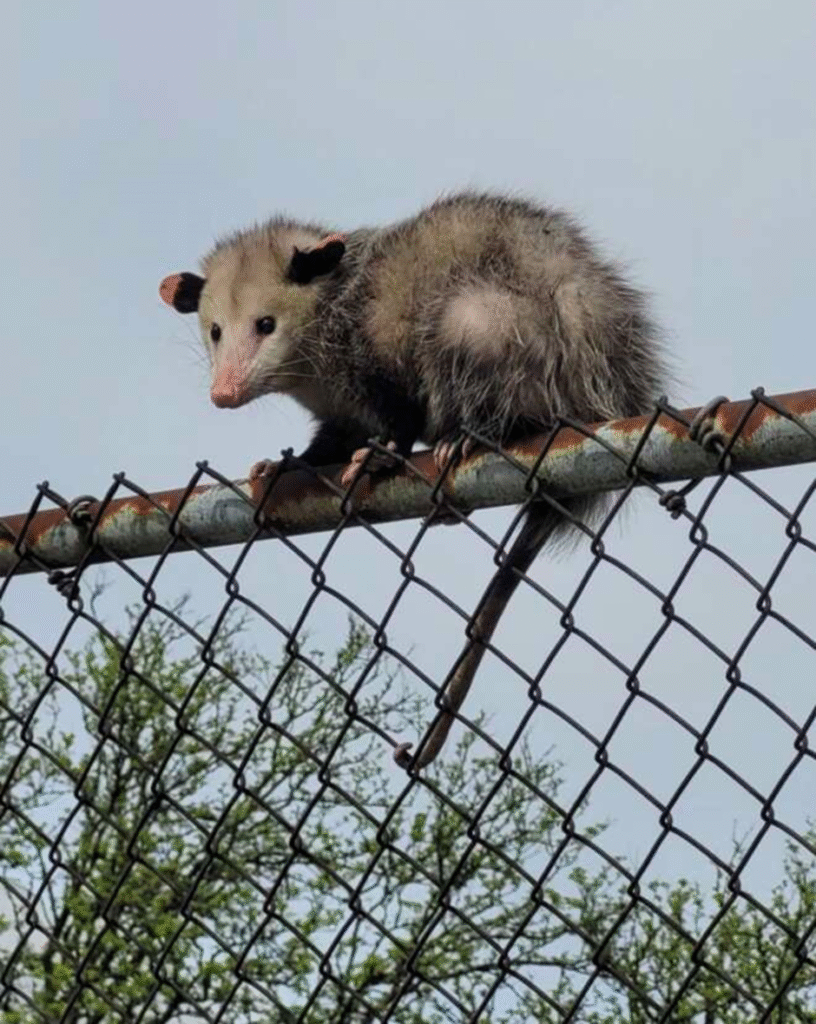Maya was late. Seriously, impossibly late. She was racing to a crucial presentation across town, glued to the backseat of a rushed Uber, watching the city blur by on the freeway. Her phone was hot with last-minute emails, her mind a frantic checklist of bullet points and financial projections. She was completely immersed in the stressful, fast-paced rhythm of urban life.
Then, the rhythm shattered.
They were moving at sixty miles per hour in the middle lane when Maya saw it. A dark, terrified shape huddled against the unforgiving concrete barrier separating the traffic lanes. It was a dog—a small, scruffy terrier mix with a wiry, brown coat. The dog was pressed flat against the wall, head low, paralyzed by the thunder of cars whipping past its small body.
The look of absolute, unmanageable terror on its face was unmistakable. Its eyes were wide and fixed, its whole body trembling, waiting for the inevitable.
Maya’s checklist vanished. Her urgent meeting, her boss, her career—it all dissolved into irrelevant noise. There was only the dog.

“Stop the car,” Maya commanded, her voice suddenly sharp and authoritative, cutting through the driver’s radio static.
The driver, a young man named Juan, glanced nervously in the rear-view mirror. “Ma’am, we’re on the highway. I can’t just stop.”
“I see the exit just ahead. Pull over, pull over now! Please, it’s an emergency,” she insisted, already scrambling for her wallet.
Juan, sensing her non-negotiable urgency, managed to maneuver to the shoulder just past the sight of the dog. Maya threw a wad of cash at him, not bothering to wait for change, and jumped out before the car had fully stopped.
The noise of the highway was deafening—a monstrous sound wave of grinding tires and blaring horns. Maya didn’t care. She checked the traffic frantically, waiting for a break in the flow, and then she ran.
She ran straight toward the concrete barrier, her professional clothes and high-stakes day forgotten. She saw the dog again, its small frame nearly invisible against the wall. The poor creature was stuck between the roar of the road and the unyielding cement.

Maya approached slowly, kneeling far away from the dog and extending her hand low to the ground. She didn’t call out or make any sudden movements, knowing any noise might send the frantic dog right into the path of a speeding car. She simply breathed, offering a silent promise of safety.
The dog, later named Freeway, watched her through fear-hazed eyes, not moving a muscle.
Maya waited. And waited. Minutes stretched into an eternity of near misses and agonizing noise. Finally, she lowered her head and whispered, “Please, friend. You’re safe now. I’ve got you.”
The quiet sincerity in her voice, or perhaps the sheer exhaustion of the dog’s terror, finally broke the spell. Slowly, trembling violently, Freeway took a single, hesitant step toward her. Then another. He looked less like a wild animal and more like a bundle of fragile, stressed nerves.
As he reached her, Maya slowly wrapped her arms around his tiny body. He collapsed into her embrace, his terror overwhelming, seeking the closest source of comfort and security. He didn’t struggle; he simply yielded to the rescue. Maya held him tight against her chest, shielding him from the relentless highway. He was surprisingly light, likely having been without food for some time, and his ribs were easily palpable under his wiry coat.

Carrying the shaking, fragile dog, Maya carefully made her way back to the relative safety of the shoulder. She called a friend who worked at a local rescue, and together they transported Freeway to a veterinary clinic.
The vet found no broken bones, but Freeway was severely dehydrated, malnourished, and in deep shock. He was given IV fluids and allowed to sleep in a warm, quiet kennel.
Maya, meanwhile, completely missed her presentation. When she finally made it to the office much later, she was covered in dust and dog fur, but her heart was light. Her boss, upon hearing the extraordinary story, actually offered her a day off.
For the next few weeks, Maya visited Freeway every day. She learned that under the terror, he was a sweet, gentle dog, fiercely loyal to the one human who hadn’t sped by him. He was timid but responsive to kindness, and his tail started to give slow, happy wags when he saw her approaching his kennel. He clearly remembered her scent, the hands that had pulled him from the chaos.
Unsurprisingly, Maya was his hero, and he was her fate. The day he was medically cleared, she filled out the adoption paperwork.
When Freeway finally came home, the image of him huddled against the highway barrier was replaced by one of him curled up contentedly on a soft, plush blanket in the living room. He was safe, warm, and finally at peace. He was no longer the desperate, stranded animal; he was a beloved family member, a testament to the fact that sometimes, the most important destination isn’t a meeting—it’s rescue.
The little dog who almost lost his life to the highway became the constant, joyful reminder that humanity often jumps out when we need it most.

